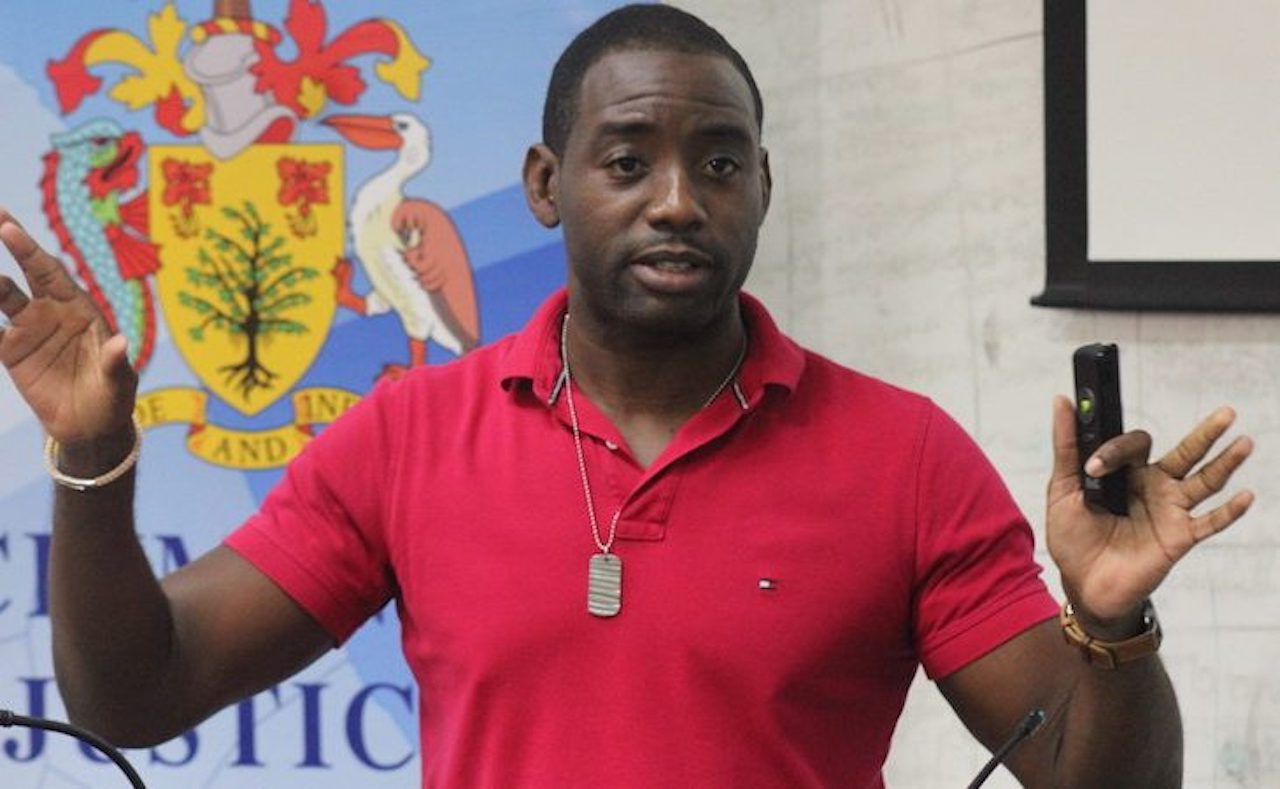UWI Expert Identifies Key Barrier in Crime Prevention: Implementation Gap in Research Findings

September 19, 2024
University of the West Indies expert highlights disconnect between research and crime prevention strategies, emphasizing the need for improved implementation to address crime effectively. Specialized training for officials is crucial.
A University of the West Indies (UWI) expert in management and organisational behaviour has identified a significant barrier in the fight against crime: the disconnect between research findings and their practical application.
Professor Dwayne Devonish made this assertion during a panel discussion on crime and violence, hosted by The Men of Purpose Mount of Praise Wesleyan Church this week. He said that despite an abundance of research on crime prevention and reduction, policymakers and government agencies frequently fail to utilise these findings effectively.
“You can have the best-looking research, and it goes on a shelf, and nothing is done with it,” said Professor Devonish, who noted that many crime-fighting strategies lack an evidence-based foundation.
He attributed this gap to what he describes as “implementation deficit disorder”, a term he uses to denote the persistent inability or lack of capacity within institutions to translate research and policies into effective actions.
“We can have nice-looking policies and strategies, but the inability or the lack of capacity to implement them has become a perennial problem for us,” he explained. One of the critical challenges, according to the UWI professor, is that individuals responsible for executing crime prevention strategies often lack proper training. “They are trained to read but not trained to implement,” he noted, adding that this deficiency leads to rushed attempts at executing plans, resulting in missteps and inefficiencies.
To combat this issue, Professor Devonish and his team of researchers have been working on providing specialised training for government officials, equipping them with the necessary skills to transform research findings into actionable strategies.
“It’s not just a question of the will but also the capacity to implement,” he remarked, acknowledging that while many government officials are eager to effect change, they often lack the tools and training required for effective execution.
The academic’s comments come at a time when Barbados is grappling with a rise in gun-related crimes, despite numerous policies, strategies, and reports being developed. This situation has highlighted significant gaps in execution.
Professor Devonish advocates for more deliberate efforts to bridge these gaps through enhanced training and a focus on converting research into practical solutions.
He expressed optimism that addressing these underlying implementation issues will enable governments and institutions to better leverage research to combat crime effectively. (SM)


